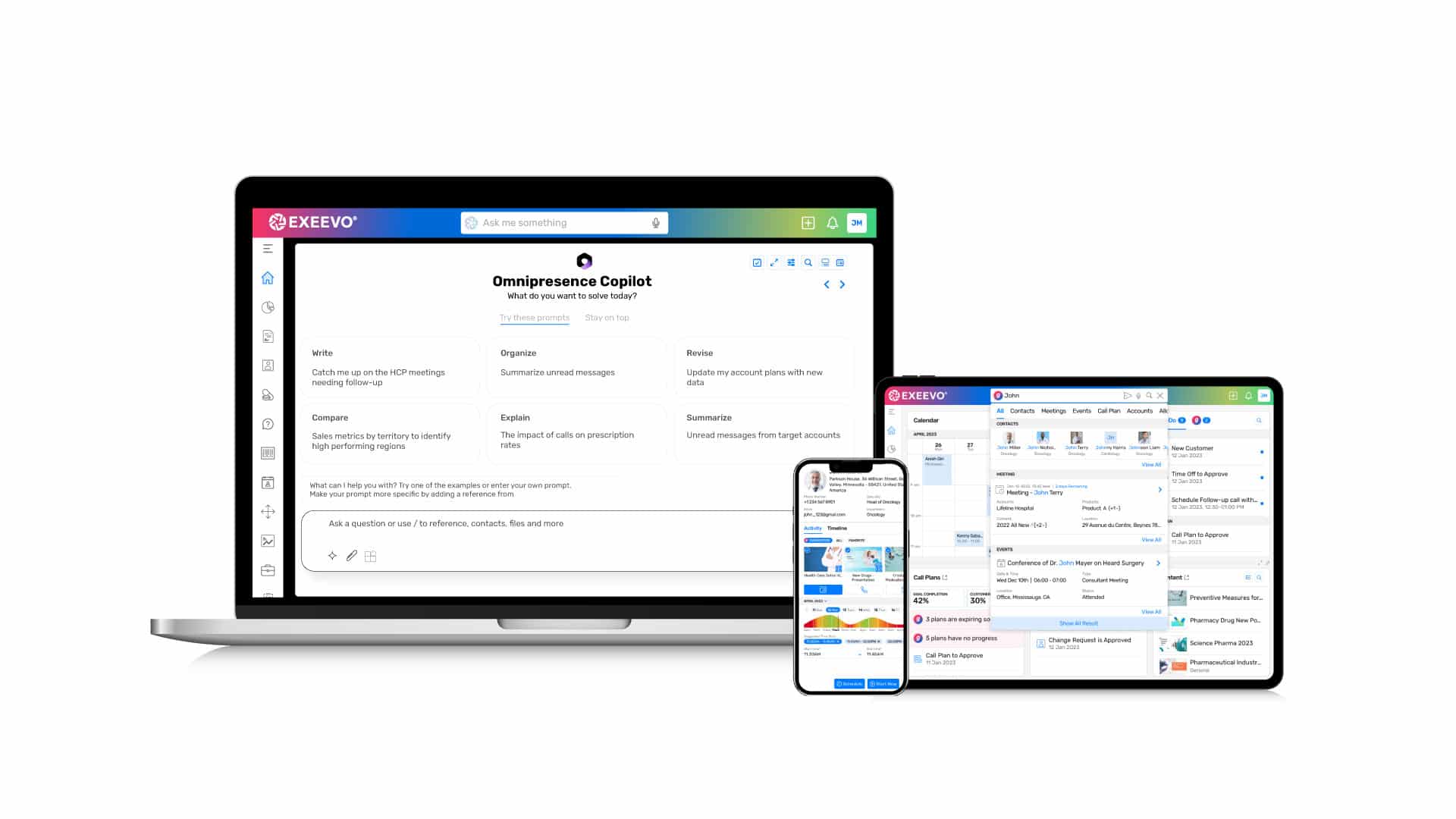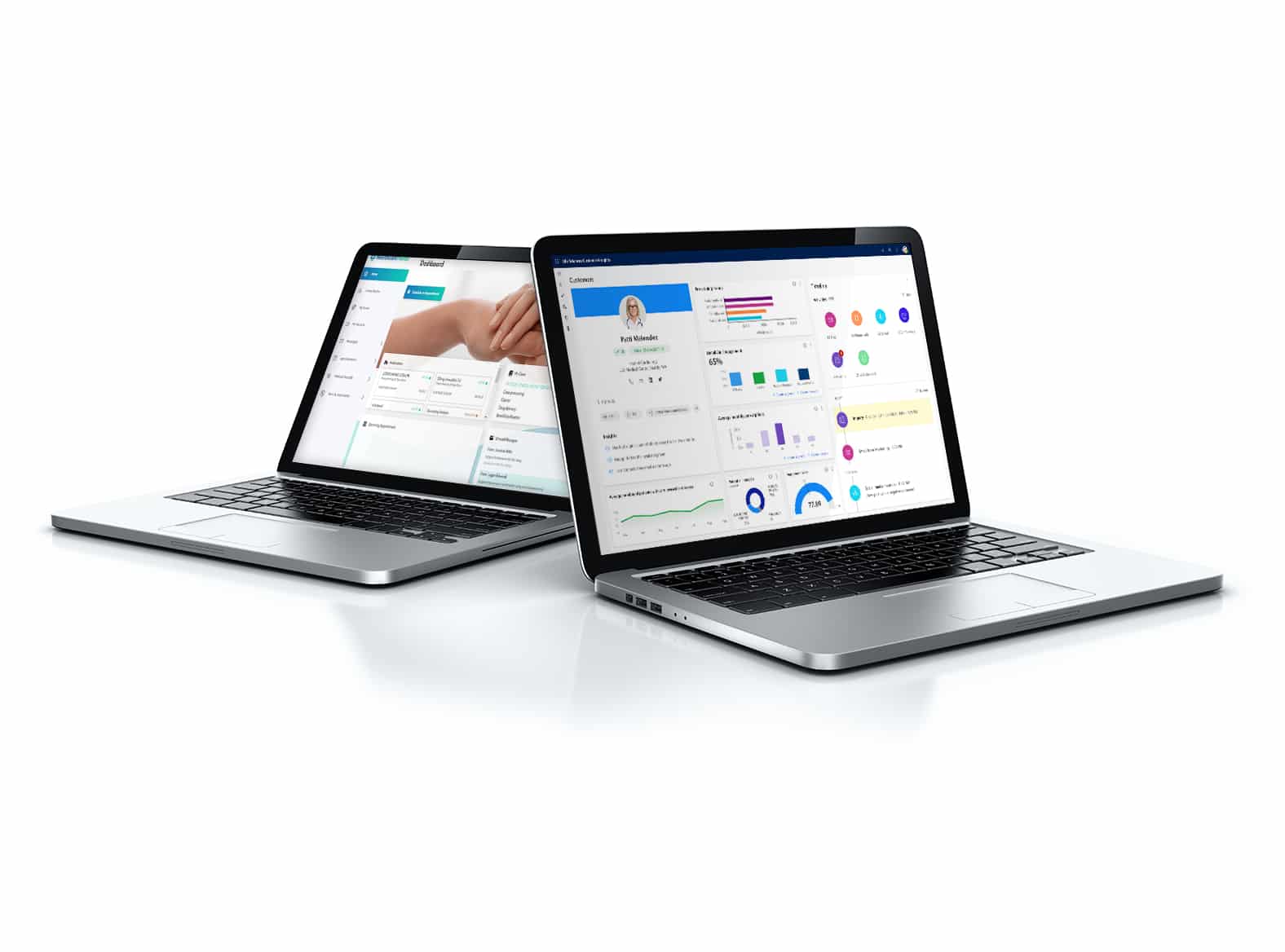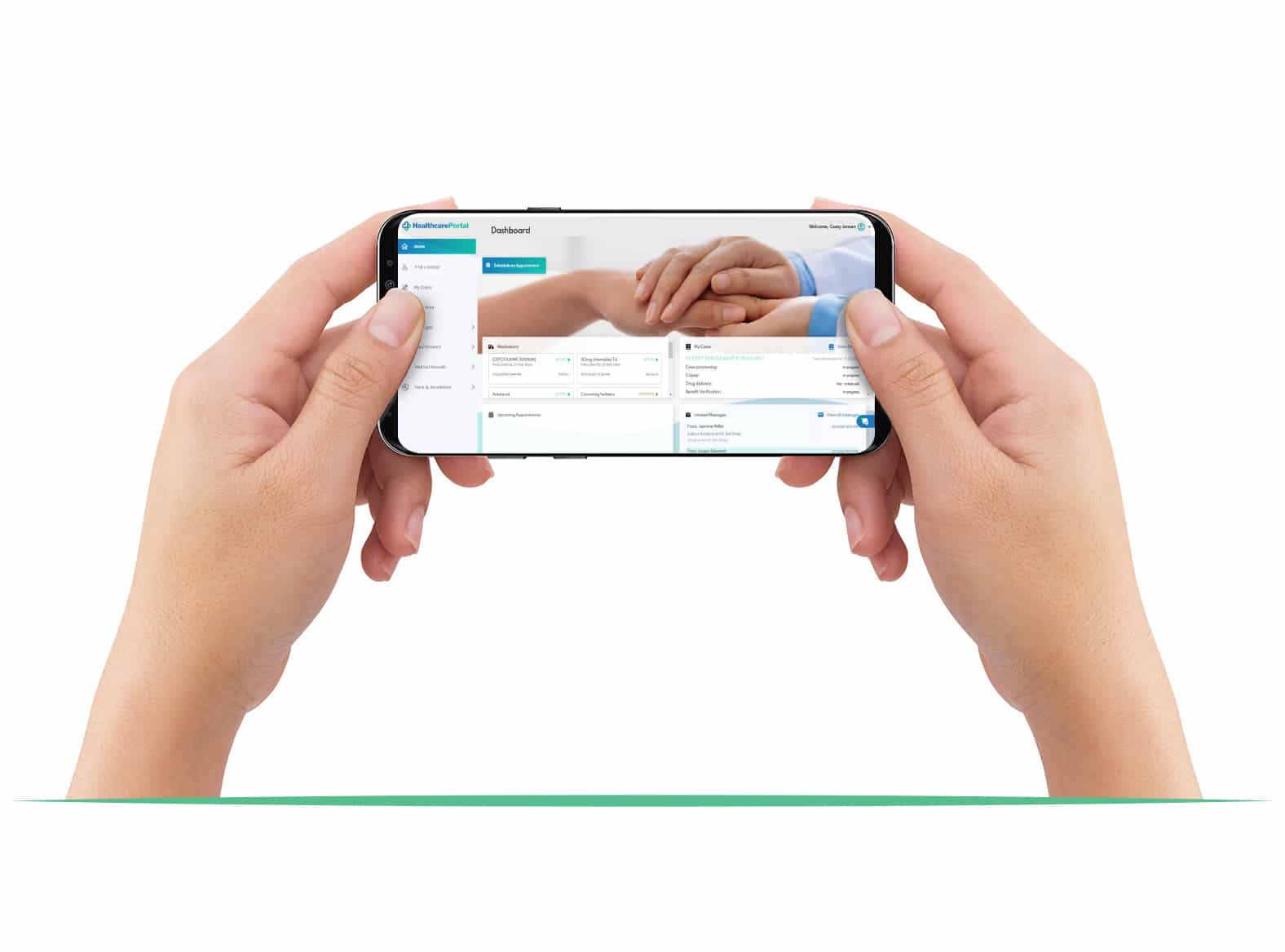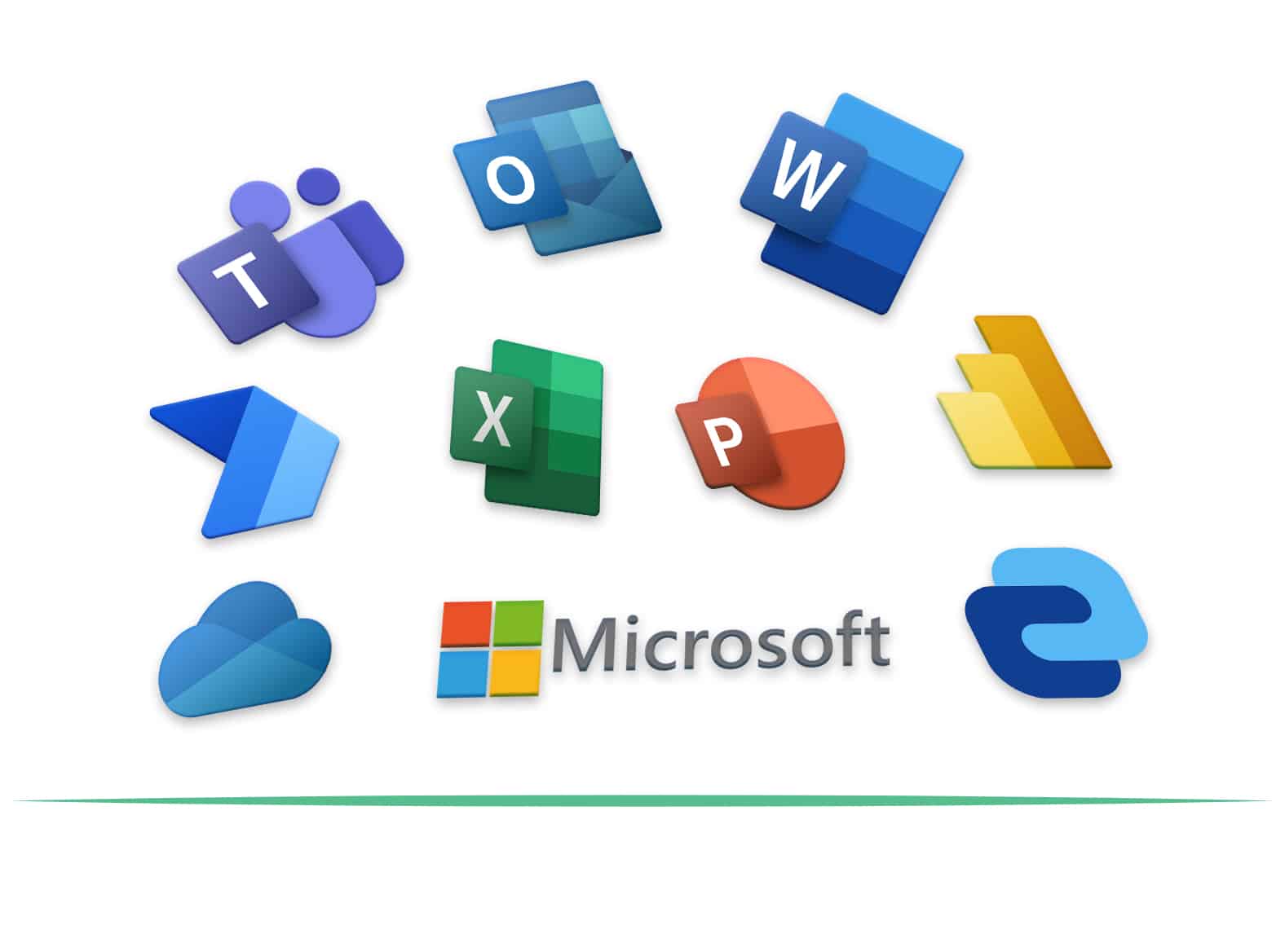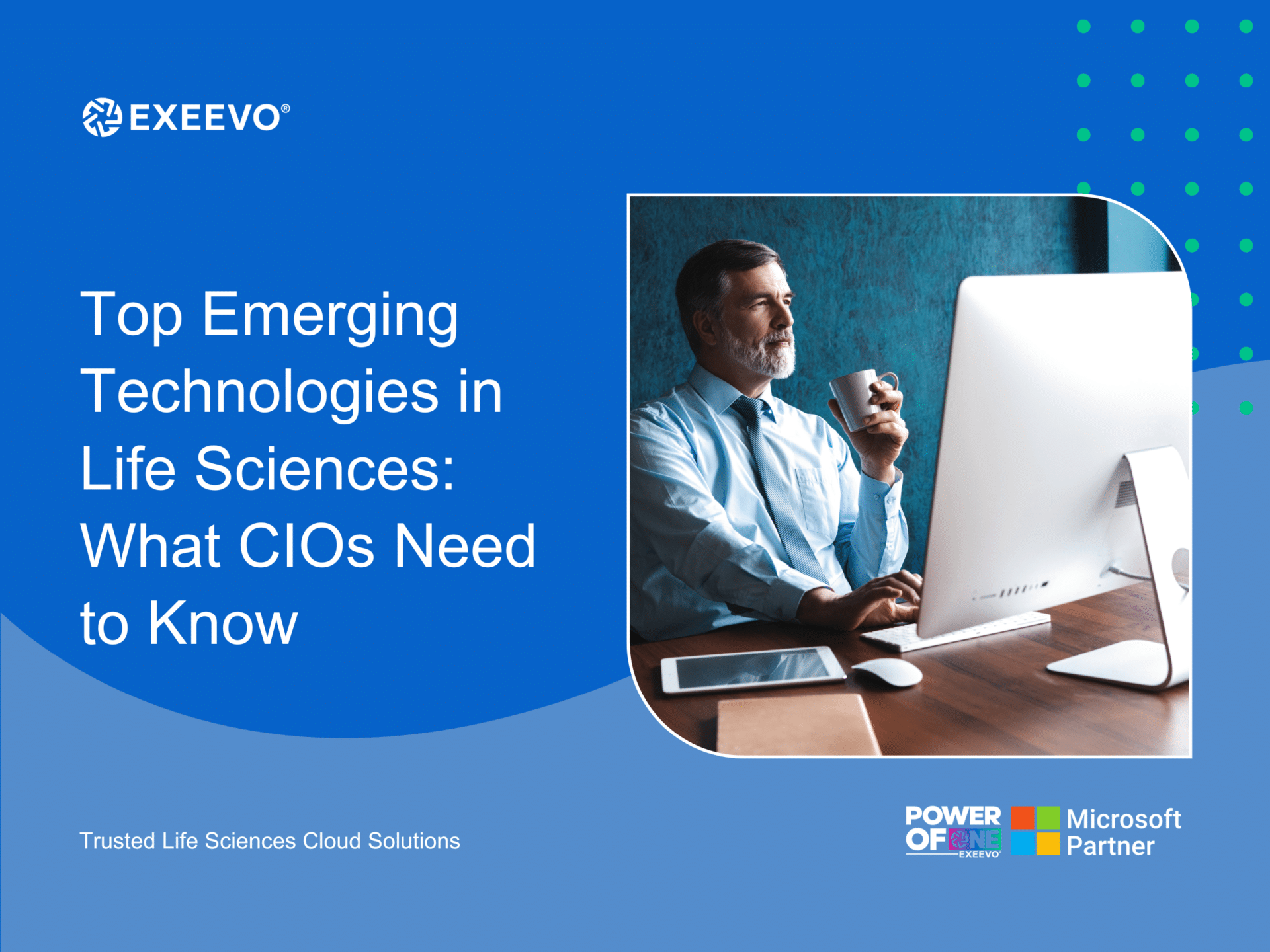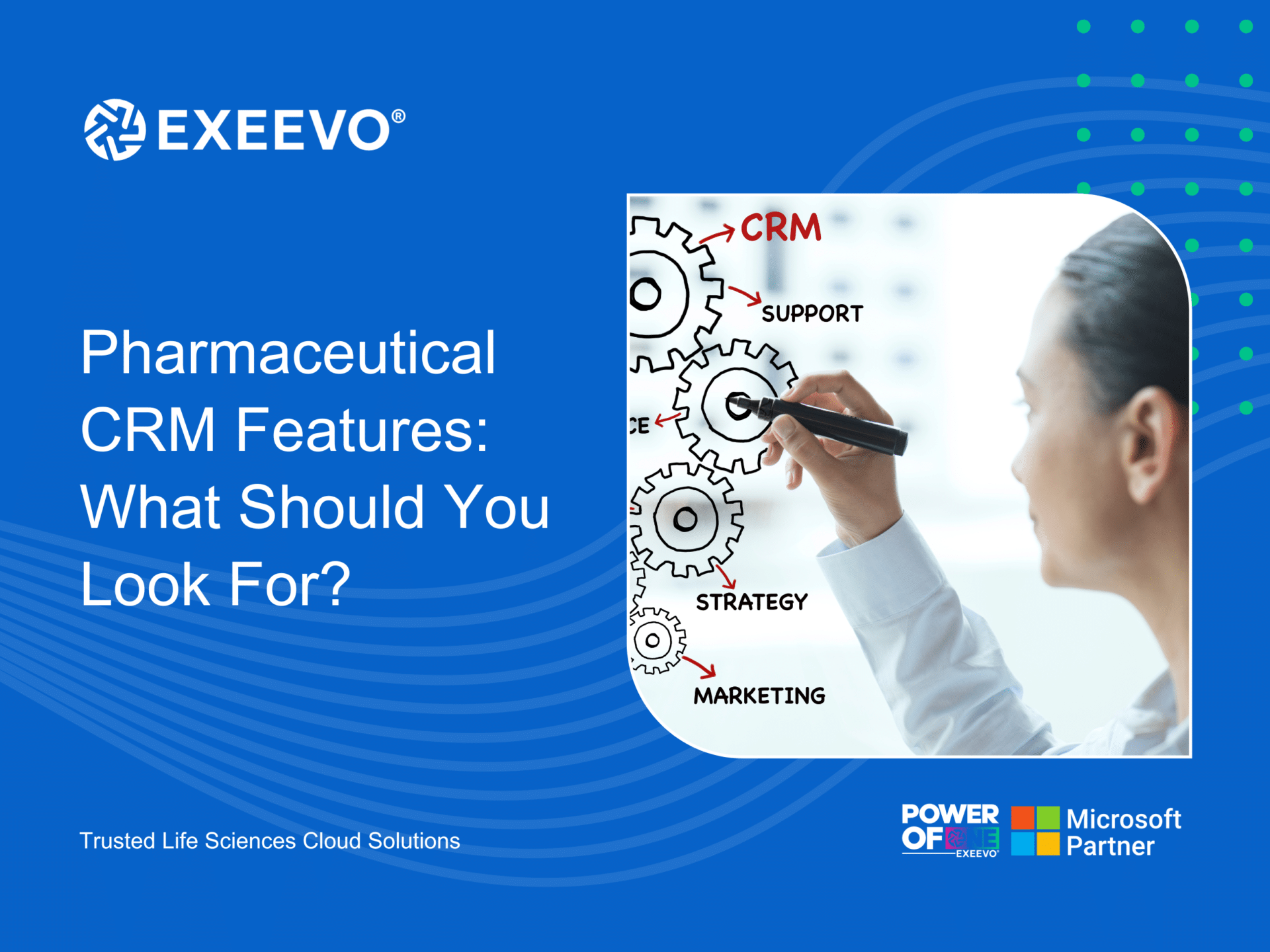
Trusted AI Solutions for Life Sciences
Life Sciences verticals need integrated omnichannel solutions that provide unified data and offer a seamless 360-degree analytics-enabled view of their customers. Our modular platforms built on the backbone of Microsoft Dynamics and Microsoft Cloud for Healthcare are developed to exceed the needs of pharmaceutical, medical device, and consumer goods organizations. Exeevo works in close collaboration with our global customers to ensure our Life Sciences technology represents the voice of the customer and is tailored to fit their unique business requirements.
Pharmaceutical
Global unified data models, organization-wide omnichannel capabilities and scalability is what Exeevo delivers for Pharma to succeed in today's global economy
Medical Device
Medical device organizations need a robust set of custom functionalities and a flexible system that allows deep customization that's where Exeevo shines
Consumer Goods
From research to the consumer, Exeevo helps take your innovation to a new level by providing the technology and data to quickly bring new ideas to market
Exceed Customers and HCPs Expectations
Deliver Seamless Omnichannel Experiences
Exeevo to Reduce TCO
Reduce the total cost of ownership by working with a single vendor who can handle multiple capabilities while providing the best global pricing. By consolidating solutions, you’ll manage fewer vendors and systems, lower integration costs, reduce blind spots, and experience less end-user friction.
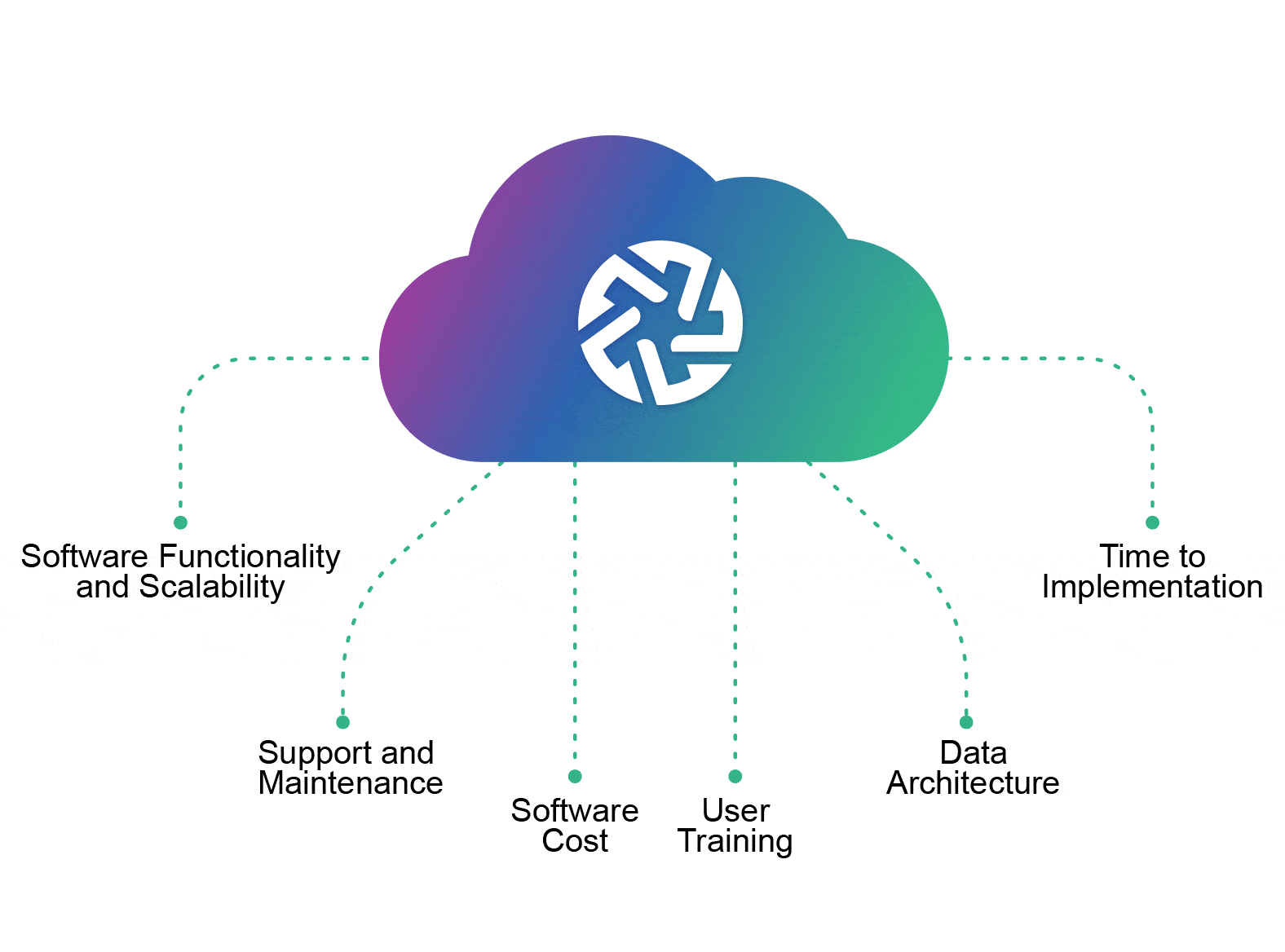
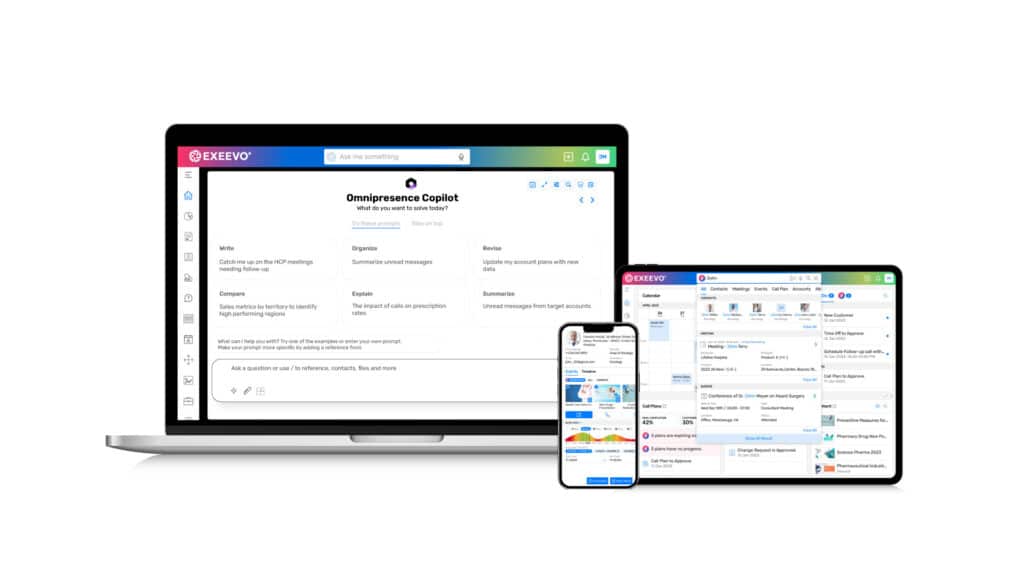
Introducing Omnipresence Copilot
Discover Omnipresence Copilot CRM – an AI-powered productivity business suite for Field, Sales, Medical, Marketing, and Service. Our solution offers a complete, cohesive, and connected working environment that enriches user experiences, drives exceptional customer experiences, and enhances operational agility.
Get diverse user personas, rich business applications, and seamless integration with Microsoft’s productivity solutions such as Copilot, Outlook, Teams, and Office. Our solution streamlines your business operations, helping you achieve goals faster and more efficiently.
Omnicare Patient Experience
Radically transform how patients experience your brand to deliver the right message at the right time. Omnicare provides richer insights and effective engagement for advanced patient experience capabilities for clinical enrollment, personalized outreach, and comprehensive support throughout the therapeutic journey.
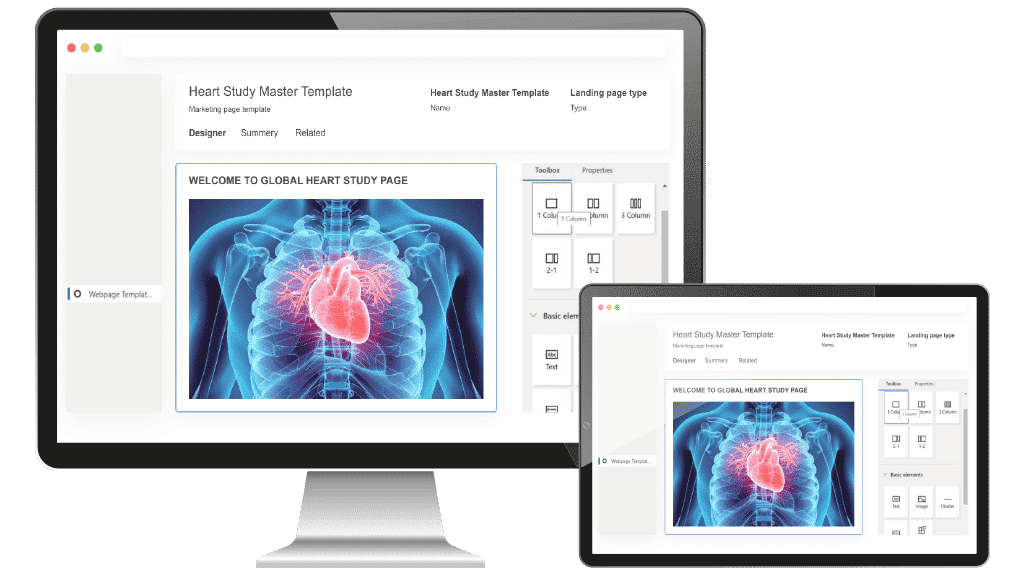
Blog

Embracing Next-Gen Solutions: Beyond the Promised Hype
In today's rapidly evolving business landscape, pharma organizations are bombarded with claims of 'next-gen' solutions promising …
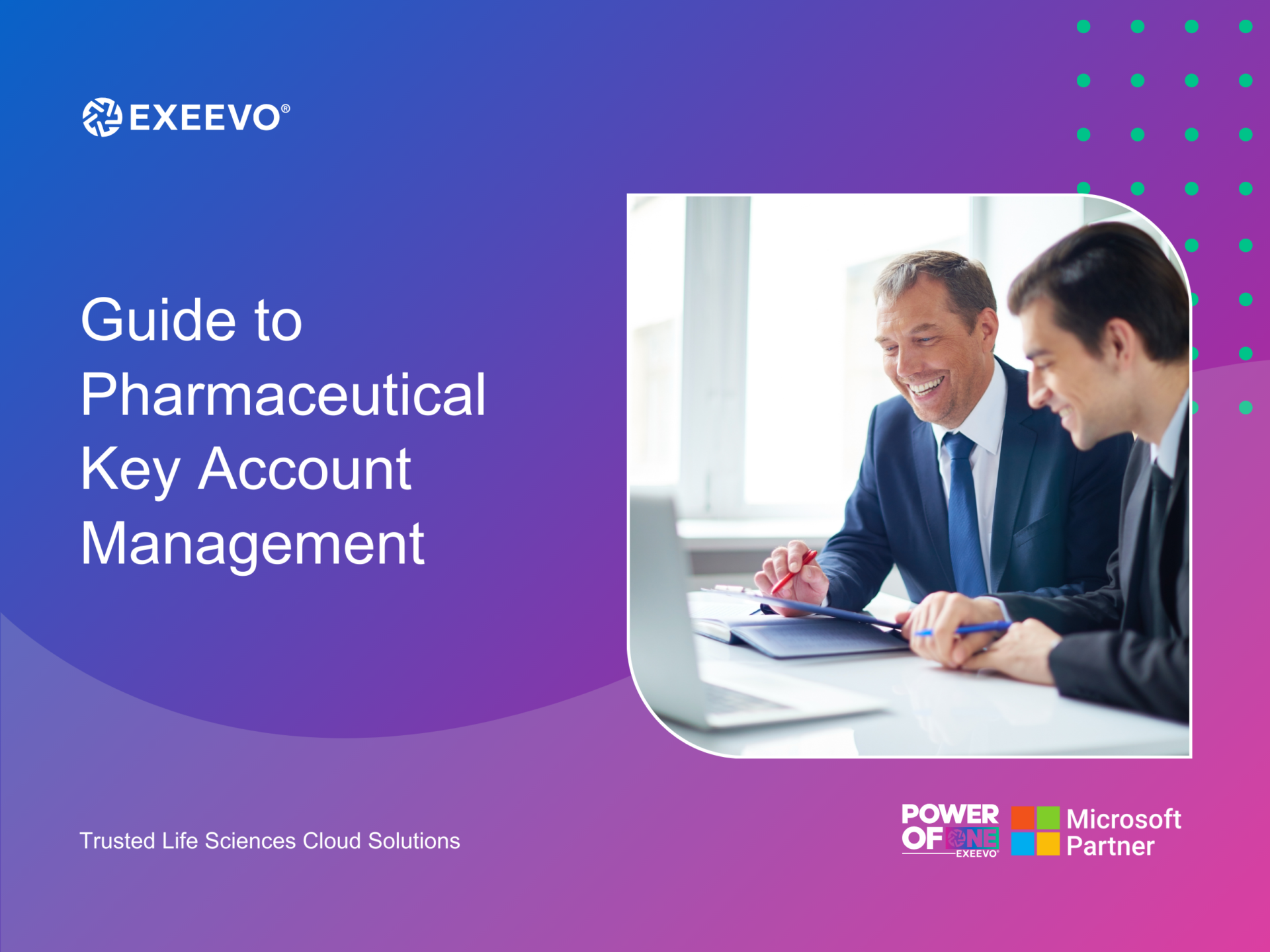
The Definitive Guide to Pharmaceutical Key Account Management for 2024
The role of Key Account Management (KAM) in the pharmaceutical industry is dynamic. It has to respond to both external and …

